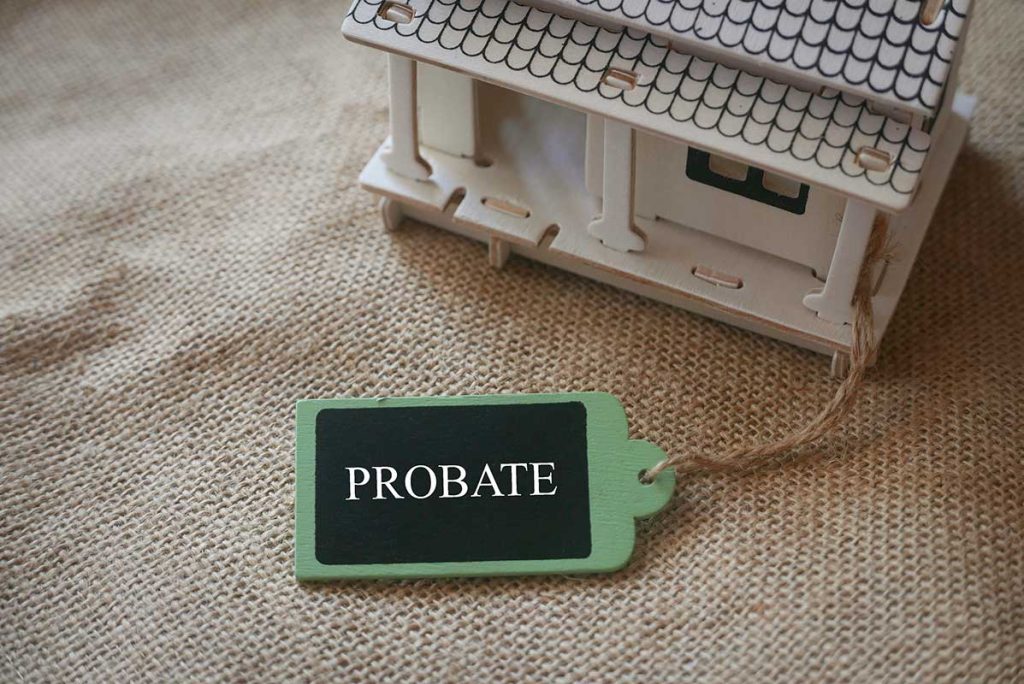When a person dies, the nearest relative should check if there is a will.
A will is a legal document signed in the presence of witnesses, detailing what should happen to a person’s estate after their death. It often includes wishes regarding the funeral and burial, so it’s important to locate the will as soon as possible. To find the will, search through personal papers, check at the bank, consult the deceased’s solicitor, and ask friends and relatives.
Once the will is located, the executors named in it will need to be appointed. Executors are responsible for managing the deceased’s estate.
Sometimes, problems arise with a will—for instance, if executors cannot be appointed or there’s a dispute over the deceased’s wishes. In such cases, you may need to apply to prove the will (known as “probate”) and seek legal advice from a solicitor.
If you’re an executor, here’s what you’ll need to do:
Open a Personal Representative’s Bank Account: This account will receive any funds due to the estate and be used to pay inheritance tax and probate fees if applicable.
Notify Relevant Parties: Inform relatives, people mentioned in the will, banks, building societies, local authorities, insurance companies, HM Revenue & Customs (HMRC), and the Department for Work and Pensions.
Value the Estate: Arrange for a valuation of any property, its contents (including jewellery), savings plans, trusts, and life policies. Create a schedule of all the deceased’s assets, which will be needed when applying for probate.
Identify and Pay Debts: List and pay off any debts from the estate, including mortgages, bills, credit cards, loans, and overdrafts.
Complete Tax Forms: Submit the required forms to HMRC to determine if inheritance tax is due. You must inform HMRC of the death even if the estate is below the tax threshold.
Apply for Probate: Learn about applying for probate on the Government website, which includes links to the relevant forms. When probate is granted, send copies to all who owe money to the estate. Executors have the legal authority to pursue any debts owed to the estate.
Distribute the Estate: Once probate is granted, divide the estate according to the will’s instructions. Executors must sign accounts showing who received what and ensure they acted in accordance with the will’s terms. Keep all documents safely for 12 years.
Before assuming there is no will, thoroughly search for one. Check personal papers, contact solicitors, check with the bank, ask friends and relatives, and search the Principle Registry online.
If you are certain no will exists, the Rules of Intestacy dictate who should administer the estate and who inherits what.
The closest living relative will be responsible for administering the estate in the following order:
The administrator acts similarly to an executor and will need to apply for Letters of Administration in the same way as applying for probate.
Without a will, the estate is distributed according to the Administration of Estates Act, which sets out who will inherit what. under intestacy.

Here are some tips to make the most of the positive aspects of being a single parent and overcome any feelings of isolation:


Becoming a single parent is a unique experience. While it presents challenges, it also offers opportunities for personal growth and stronger bonds with your children. Remember, you are not alone, and seeking support is a sign of strength, not weakness.
Seek support from your health visitor, The Citizen’s Advice Bureau or a single parent organisation such as GingerBread or the Single Parent Support Network.
© itsfinished.com 2025